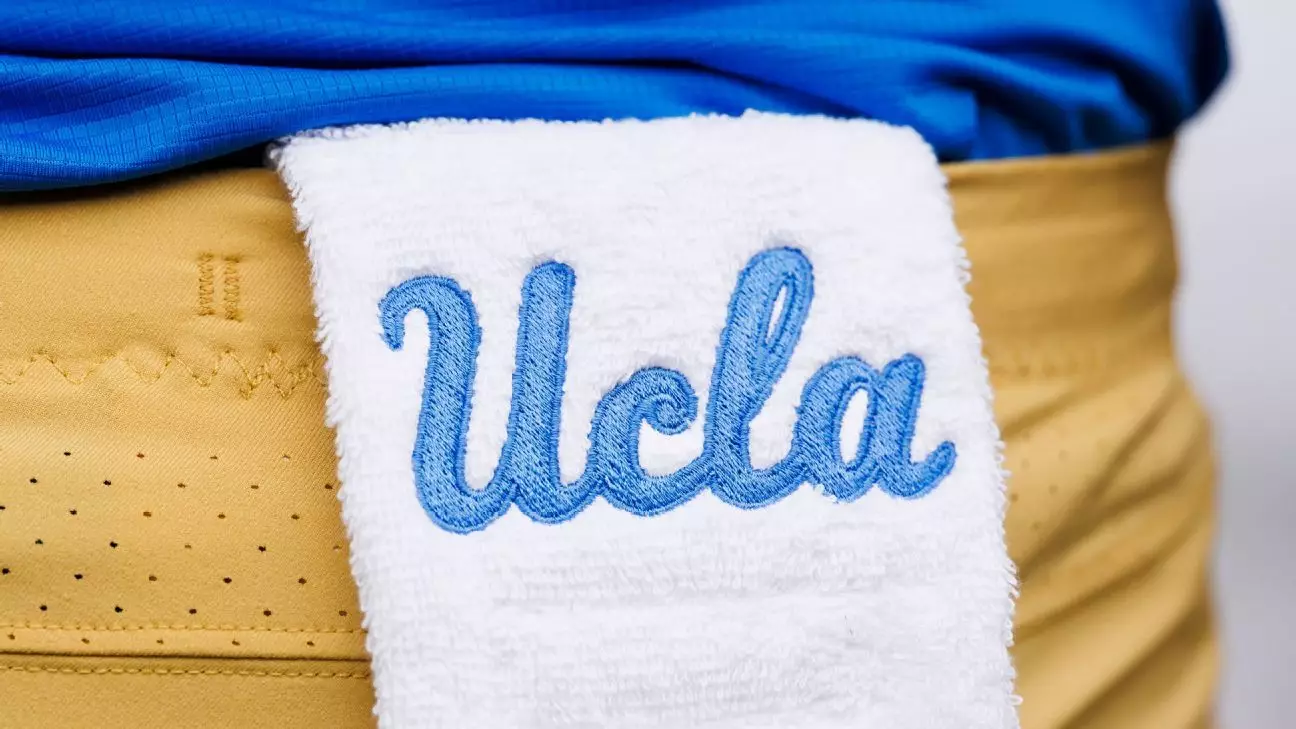In a move that is as intriguing as it is contentious, Madden Iamaleava, the younger sibling of former four-star quarterback Nico Iamaleava, has opted to transfer from Arkansas to UCLA. This decision, confirmed by multiple sources and echoed by ESPN’s Chris Low, raises several questions about the nature of loyalty, family ties, and the growing phenomenon of player movement in college football. While family dynamics are crucial in personal choices, does Madden’s transfer merely symbolize a brotherly connection, or does it point to deeper issues within college athletic programs?
Leaving Arkansas: The Significance of Commitment and Reversal
When Madden first committed to the Razorbacks, it was seen as a significant win for head coach Sam Pittman, especially considering his status as a highly regarded quarterback. However, the nature of his reversal following his brother’s transfer to UCLA reveals much about the fleeting loyalty in an era dominated by social media and the ever-looming NCAA transfer portal. Madden’s unexpected departure right after Nico’s commitment feels like a deliberate act, showcasing how closely intertwined personal decisions can affect team dynamics. This situation underscores a troubling current in college football; are commitments genuinely meaningful anymore, or are they simply conditional on circumstances?
The Potential Impact on UCLA’s Program
Now, with Madden Iamaleava stepping into the UCLA program, the implications could be profound. He stands out as ESPN’s No. 145 overall recruit in the 2025 class and No. 12 pocket passer. While his entry into the UCLA program might seem like a boon for Bruins coach DeShaun Foster, one must consider what this means for the freshman’s ethos and mental approach. Is he joining UCLA to carve his own path, or simply following in his brother’s footsteps? The psychological implications of transferring primarily to unite with a family member cannot be understated. This decision might sow seeds of dependency rather than fostering independent growth within the sport.
Moreover, what does it signal to future recruits? Does this model of decision-making encourage a cavalier attitude toward commitments and program loyalty? In a time when athletes have unprecedented freedom to navigate their careers, it is imperative to examine the ethical dimensions of these choices. The embracing of the transfer portal often paints a picture of individual gain over collective progress, creating a narrative that may ultimately be detrimental to the integrity of team sports.
A Reflection on Transfer Culture
Madden’s move also feeds into the growing call for re-evaluation of how we approach and discuss player transfers. While it is easy to romanticize the narratives of young athletes chasing new opportunities, we must interrogate the systemic issues that drive these decisions. As college sports evolve, so too should our understanding of the implications of these decisions—not just for the players, but for collegiate athletics as a whole.
While the camaraderie of the Iamaleava brothers adds an element of personal connection, it simultaneously highlights the precarious nature of commitment in college football, leaving fans and analysts alike to ponder the fragility of loyalty in a system that increasingly prioritizes individual aspirations over team unity.


Leave a Reply